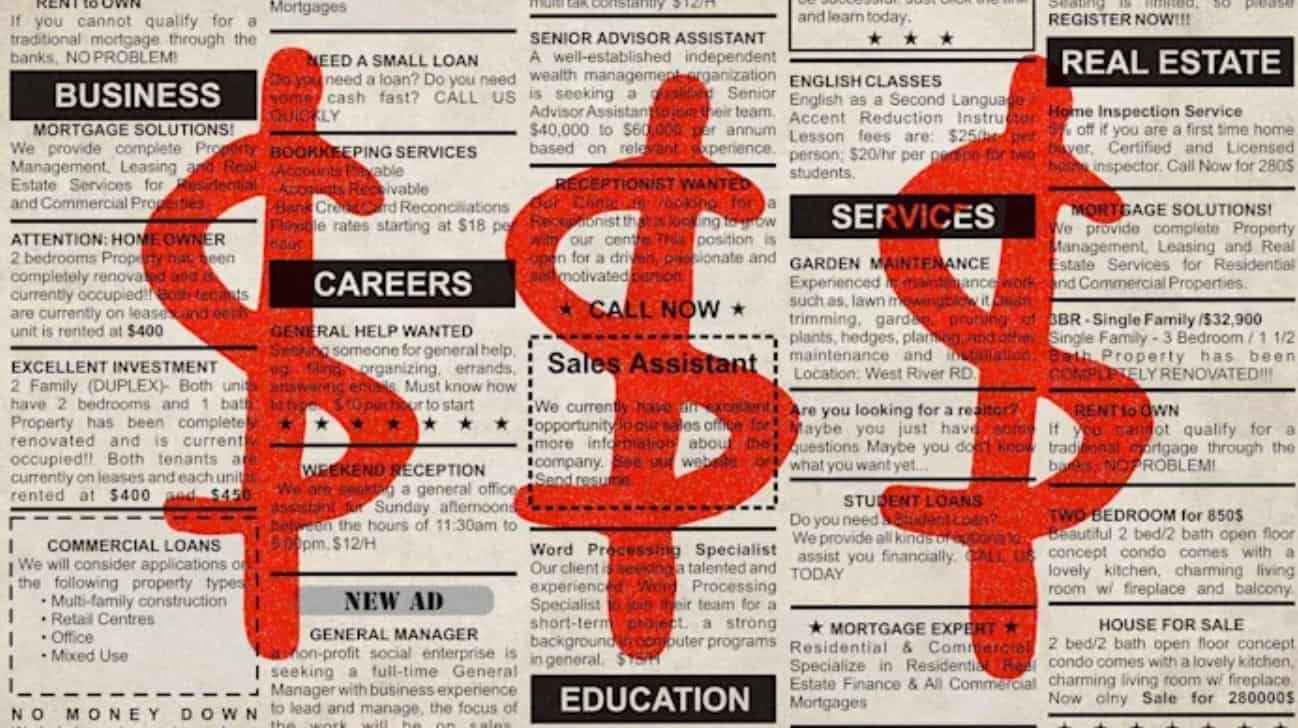If companies raised pay high enough, then maybe they wouldn’t complain about labor shortages that have forced them to forgo sales. But there seems to be a limit to how much a company is willing to pay, despite what seems like a clear opportunity to maximize the top line.
Why it matters: Companies have been scrambling to staff up amid a rapid economic recovery. Employers across industries have been raising wages in their efforts to be competitive.
- And yet, there are still a record 9.2 million job openings, and employers are getting more desperate to fill jobs. But for many, raising pay further isn’t very palatable.
What they’re saying: Increasing wages is essentially a wager that today’s demand will persist and justify higher labor costs in the years to come. And companies don’t want to be in a position to have to reverse that decision.
- “Companies are hesitant to lower wages,” ADP chief economist Nela Richardson explains to Axios. “What generally happens is that companies don’t decrease pay during a recession, but they are hesitant to increase pay after that recession ends.”
- Much of the labor shortages are occurring in industries where profit margins are already thin, Richardson notes. These include the leisure and hospitality industry, where the risk of profits turning into losses is already high.
And employers can’t offer higher pay to just the new people.
- “Especially in thin margin businesses, if you pay to attract newer workers, you also have to pay to keep and retain your tenured staff,” Richardson says.
Zoom out: There’s a wide array of logistical reasons a company may have job openings that it’s putting off filling, Wells Fargo economist Shannon Seery tells Axios.
- “Perhaps severe supply constraints of inputs mean firms may not be paying more aggressively to recruit because they lack the inputs to produce even if they had the labor,” Seery says.
The bottom line: While there appears to be a disconnect between companies complaining about labor shortages and what they’re doing about pay, the bias in the labor market continues to favor workers and their wages.
- “Wages are on the rise across a number of industries, making the hiring environment all the more competitive and leaving job seekers with the upper hand to be ‘picky’ in terms of job prospects,” Seery says. “Firms will either pay up for inputs and labor today or their competitors will.”

